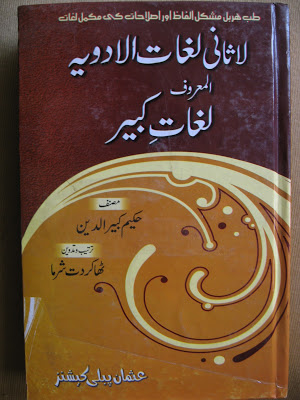


In addition, if we consider that Ibn Sina undertook teaching on a practical level for a considerable length of time, we realize that we have here a thinker whose philosophy was transformed into an educational theory that he himself practiced.įigure 2: Ibn Sina drawing by A. Obviously, Ibn Sina the philosopher has his own views on education. Thereby, Ibn Sina represents a lively illustration of the meeting between philosophy and education, for the educator and the philosopher are both faced with the same problems: truth, goodness, the nature of the world, the meaning of knowledge and human nature, and so on. He devoted a treatise entitled ‘Politics’ to education and he speaks at some length in ‘The Canon’ about the upbringing of infants. He speaks about humanity, society, knowledge and ethics. Although Ibn Sina’s writings on this subject, in comparison with his vast output on other subjects, are in fact considered to be very scarce, we do nonetheless find he deals with the same problems that confront educators today. One of these aspects, however, has not been very widely discussed, namely his views on education. Ibn Sina has attracted the attention of scholars, past and present, who have written books, treatises and articles on him. In medicine, his great work, al-Qanun (The Canon), was translated into Latin towards the end of the twelfth century CE, and became a reference source for medical studies in the universities of Europe until the end of the seventeenth century. His philosophical views have engaged the attention of Western thinkers over several centuries, and his books have been among the most important sources in philosophy. Ibn Sina’s most famous works are those on philosophy and medicine. We need only consult this list, containing more than 150 printed works and manuscripts and including all the branches of knowledge in his day, even poetry, to evaluate the extent of the culture which Ibn Sina acquired and handed on to us. In 1950, to commemorate the thousandth anniversary of his birth, the Dar al-Kutub al-Misriyya (Egyptian National Library) published a printed list of the titles of his works and their commentaries which are preserved there.
BU ALI SINA BOOKS IN URDU PDF FREE FULL
George Anawati has prepared a full bibliography of Ibn Sina’s writings. Thus al-Dhahbi describes him as ‘the leader of Islamic philosophy’. This study attempts to present the educational aspects of an Ibn Sina, known in the west as Ibn Sina (370?-428H – 980?-1037 CE), considered by ancient and modern scholars alike as the most famous of the Muslim philosophers. Click here for the original version (PDF format).įigure 1: Modern portrait of Ibn Sina ( Source). The version we republish hereafter was redited and revised we publish it with a slightly different title, new images and captions.
BU ALI SINA BOOKS IN URDU PDF FREE FREE
Our republishing of the article relies on the authorisation embedded by the publisher according to which the document may be reproduced free of charge as long as acknowledgement is made of the source. ©UNESCO: International Bureau of Education, 2000. The following text was originally published in Prospects: the quarterly review of comparative education (Paris, UNESCO: International Bureau of Education), vol. The method of learning the Qur’an, calligraphy and Arabic literature Methods of higher instruction (age 14 onwards)ħ.1. Methods at the ‘primary’ stage (6 to 14 years)Ħ.3. The gate of ijtihad must be left openĦ.2. Is the human being good or evil by nature?ģ.4. The relationship between the mental faculties and the bodyģ.3.

The philosophical foundations of Ibn Sina’s educational viewsģ.2. Departing from his view of the human being and of the relationship between the mental faculties and the body, and from a precise conception of knowledge and ethics, Ibn Sina's educational theory deals with the aims of education, the educational stages and the teaching methods for different classes of age, from infants to higher instruction of teeangers, with a focus on the teaching of girls.ģ. In his philosophical system, Ibn Sina outlined a complete theory of education and teaching. This study presents the theory of education in the philosophy of Ibn Sina, considered by ancient and modern scholars alike as the most famous of the Muslim philosophers.


 0 kommentar(er)
0 kommentar(er)
